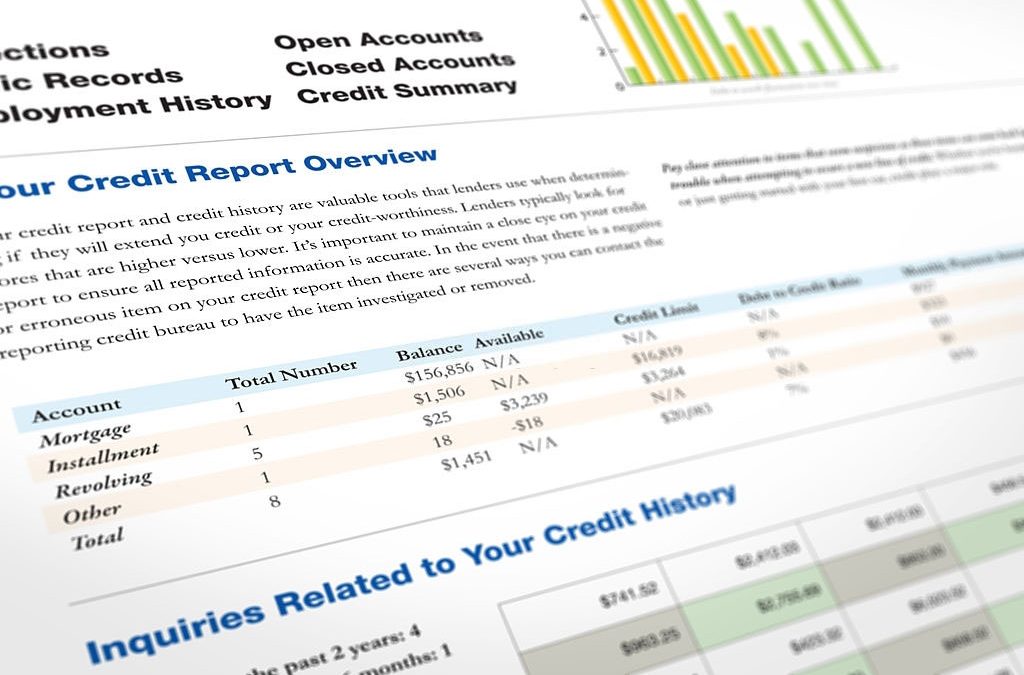Most large credit reporting agencies operate globally and are rapidly growing in developing markets in Asia/Pacific, Latin America, Europe, and Africa. The US, UK, Canada, Australia, and Japan all have well established credit reporting systems. Consumers can investigate an account online through one of the three major agencies, or they can get a copy of their report by phone or mail. Major agencies offer a choice of different ways to obtain a copy of a credit report, such as through telephone, internet, or in person. They also usually offer an online application form to access their credit reports at any time. This form is available from their home page.
One of the largest credit reporting services, Equifax Inc., operates an online site where consumers can find what they need about their credit history and current financial health. The site contains a” Consumers’ Guide to Equifax” that provides an explanation about how the credit bureaus work, what they charge, and how they protect you. The” Consumer’s Guide to TransUnion” is the portal for TransUnion, which is the consumer’s rights agency. The Guide includes a link to the TransUnion Website where the consumer can obtain copies of your credit reports, which are available in paper form from the portal. Both the Equifax and TransUnion sites offer the same features and allow the consumer to check for accuracy.
The three major consumer credit reporting agencies provide additional services. They include protecting consumers from identity theft and monitoring credit reports. Each agency provides specific information on their Web sites about how to file a complaint. Most agencies have toll free numbers for filing complaints, or consumers can visit the Web sites of the individual agencies. Each has dedicated staff and Web pages where the consumer can find answers to frequently asked questions.
When the consumer finds an error on one of their reports, they generally need to send a letter to the bureau that provided the report. It is a good idea to print out a copy of the inaccurate information and keep it with yourself until your dispute is resolved. Once the dispute has been filed with the credit reporting agencies, they are required to investigate the claims. Within a few weeks, they will send you a letter to let you know whether they found the errors and whether they plan to fix them.
The credit reporting services maintain Web sites that provide the general public with important information. Among those Web sites are the Experian, Equifax, and TransUnion Web sites. These companies provide annual reports and financial guides to help individuals reach their financial goals. The companies provide the consumer with an overview of their financial situation, including their credit scores and how to improve their scores. The consumer has the opportunity to get a free copy of their free credit score report at any time.
Consumers can also access their reports from the credit reporting agencies through online sites. Most Web sites have easy-to-use forms that take only a few minutes to complete. In some cases, consumers may need to answer some personal information. Some companies offer assistance to make sure the application process is completed correctly. If consumers have any questions, they can call the hotline number or email them to obtain the answers.
The three major credit reporting services are required by law to provide information to the public about the details of any transaction that occurred during the past year. They are also responsible for keeping accurate records of financial information. Each bureau updates its records on a regular basis. However, each bureau does not update all three at the same time due to the various competition among the three. This gives the individual a good chance to receive the most recent credit report.
Today there are three major credit reporting services. Experian, Equifax and TransUnion provide detailed information about the financial activities of the consumer. Each bureau has different regulations covering how they will share the information. Once a consumer obtains their free credit report they can then contact the bureau or request a copy of their reports from other agencies. The Fair Credit Reporting Act allows them to obtain an overview of their financial situation and determine if there are any obvious errors on their reports. They must then notify the bureau within 60 days of their becoming aware of the error.

